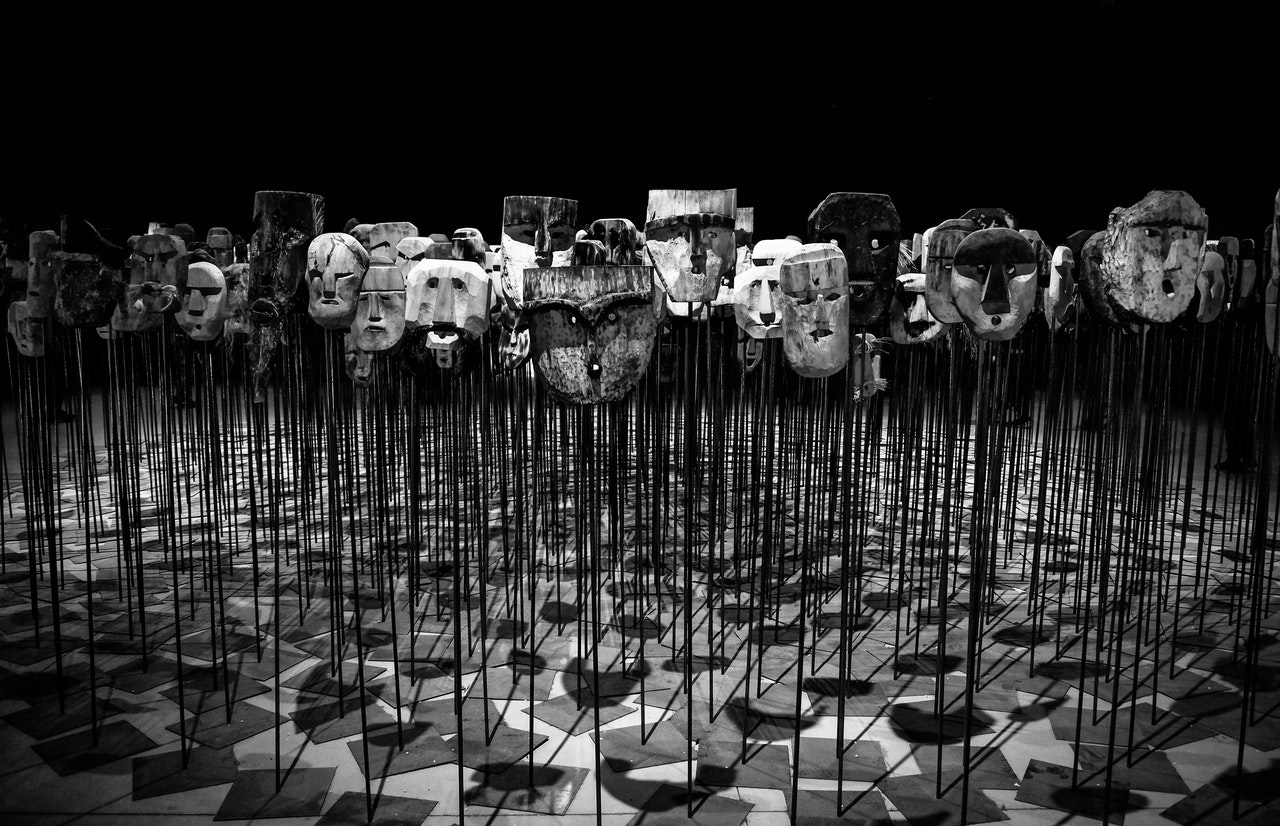Introduction to Acting: Robert Cohen's GOTE System
Today, I will breakdown Robert Cohen's GOTE acting system which provides a practical approach for actors to further develop their characters during the rehearsal process.
I am constantly asked by actors about which acting method/system/technique is the best. Regardless of my biases either for or against any specific approach, my answer to them is always the same; the one that works for you.
When I was building our house, I needed a variety of different saws depending on the project. This, of course, was lost upon my wife, who failed to realize that saws vary greatly - as do their prices. To build a house, you need the right tools.
Similarly, actors have access to specialized tools which, while varying greatly in function and approach, allow them to construct their characters upon a textual foundation. I call this the Actor’s Toolbox.
TOOL TIME
I still remember my first collegiate acting text. A worn baby-blue hardcover with a spine that appeared to have been left in the back pocket of a sitting giant. The embossed title barely readable from years of being shuffled through college bookstore bins.
For Robert Cohen, the acting world is one in which its players are focused, driven and expectant. So much so, that he coined the acronym GOTE to both explain and codify his particular approach.
The underpinnings of Cohen’s GOTE technique proves more useful than unique and rubs elbows with other contemporary ideologies espoused by Strasberg, Adler, Meisner, Grotowski, and countless others.
In a nutshell, GOTE outlines four specific choices that the actor must make regarding the development of their character. Uncompromising and non-negotiable, these four principles are just the beginning of the actor’s journey which, like any good plot, takes us further down the rabbit hole.
GOAL
This term is widely used amongst theatre theoreticians and for good reason: the Goal is what the character wants. Better yet, narrow this down even further to the ONE thing the character wants more than anything in the story.
Apply your goals at the scene level! Good actors understand their overall goal and also set goals for each scene in which they appear. What do I want, now becomes what do I want in THIS scene?
Beginning actors often worry about not achieving the goal that they set. What they miss is that achieving the end result is very different than striving to obtain it. Which carries a stronger sense of the dramatic in your mind, achieving or striving?
OBSTACLE
The obstacle is one or more things which keep the Hero from achieving their goal. Romeo wants to marry Juliet but Juliet’s family is the bitter enemy of Romeo’s family.
Good obstacles, for there can be more than one, introduce conflict between the Hero and the achieving of his/her goal. Without conflict, drama cannot exist.
Obstacles also provide eventual catharsis for the audience who, while rooting for the Hero, become emotionally connected to the character. And through this connection, they will suffer the joys and pains of the Hero’s journey.
TACTICS
Tactics are the lengths to which a character will go to achieve their goals. I often use the analogy of being a parent to demonstrate this:
If I want one of my children to do something, I begin by asking them to do it. Should this fail (and it usually does), I become more firm with my voice and tone. And if this, too, should fail, I might begin to raise my voice and introduce a more urgent tone. And so on and so forth. I changed my interactions (tactics) to get my child to do what I wanted (goal).
One of the added benefits of tactics is that they reveal wonderful insights about the character. When the chips are down, we start to see who they are on the inside. Audiences simply delight in characters who fail to see their own grievous shortcomings.
Ironically, I find that when a character refuses specific tactics that this tends to reveal more about their nature than do the tactics they utilize.
EXPECTATION
Expectations are the why behind the what. Why does Romeo need to marry Juliet? Actors who develop and hone expectation, create a focused sense of urgency in their performance.
Oftentimes, a lackluster performance can be attributed to the actor not instilling strong enough expectations during the character development phase of rehearsals.
In order to overcome this, ask two simple questions; what is at stake? What do I stand to lose? A general rule of thumb is the higher the stakes, the stronger the expectations.
For example, Romeo’s life is on the line at the end of Romeo and Juliet. Since he was unable to achieve his goal, he decides to end his life. The ultimate tragedy, especially when we know that he is mere moments away from obtaining his goal when Juliet awakes.
When in doubt, raise those stakes!
SUMMARY
Cohen’s GOTE system is a solid, practical approach to the development of what I call the Character Essentials; a list of playable actions which drive the character towards the fulfillment of their specific goals.
Regardless of technique, actors should innately strive to convey the storyline in a manner which engages the audience on an immediate and personal level. Simply put, they must connect.
One of the greatest benefits of studying the craft of acting is that you eventually become an expert - on yourself. This is, after all, what audiences pay to see. After all, we all know the story of Hamlet, but we buy the ticket to see you tell it to us as only you can.





